Georgia Faces Pressure from the EU and US
- Update Time : Monday, September 30, 2024

In recent months, Georgia has found itself at the center of a geopolitical struggle between the West and Russia, with the European Union (EU) and the United States ramping up their pressure on the small Caucasus nation. As Georgia’s upcoming parliamentary elections approach on October 26, both Brussels and Washington are making their displeasure known regarding the current Georgian government, led by the Georgian Dream party. While the government has been duly elected through a democratic process, it has failed to toe the West’s line on issues like Russia, leading to threats of sanctions, diplomatic pressure, and attempts to sway the nation’s political course.
The European Union’s recent threat to suspend Georgia’s visa liberalization scheme is just the latest example of how Brussels is wielding its influence over Tbilisi. Since 2017, Georgians have enjoyed the right to travel to the Schengen Zone without a visa for short stays. However, this privilege is now on the chopping block, with the European Commission warning that “all options are on the table” if Georgia continues what they perceive as democratic backsliding.
The official reasoning behind this threat is Georgia’s alleged retreat from democratic norms, but the reality is far more nuanced. Georgia’s government, while imperfect, has maintained a functioning democracy and upheld legal processes. The core issue here is not democracy but rather geopolitics. Unlike Ukraine, which is lauded by Brussels despite its severe democratic shortcomings, Georgia has refused to adopt a sufficiently hostile stance toward Russia. This has left it out of favor with the EU, which is increasingly using tools like visa suspensions and sanctions to punish countries that stray from its geopolitical objectives.
Despite Brussels’ rhetoric about democracy, its actions in Georgia amount to interference in the electoral process. The EU’s message to the Georgian electorate is clear: remove the current government, or face repercussions. This kind of external pressure threatens to undermine Georgia’s sovereignty and self-determination. By dangling the threat of sanctions over the heads of Georgian voters, the EU is essentially engaging in election interference.
Georgia has a long history of Western interference in its internal affairs. In 2003, the country experienced the Rose Revolution, a Western-backed regime change that eventually led to the 2008 war with Russia. While the West may claim to support Georgian democracy, its actions often suggest otherwise. The latest EU threats are part of a broader pattern of Western meddling in Georgia’s domestic politics, which has left the country in a precarious position.
The EU is not the only Western power applying pressure on Georgia. The United States, too, has been ramping up its efforts to influence the country’s political landscape. In recent weeks, the US State Department has imposed over 60 sanctions on Georgia, ostensibly in response to the government’s passage of a foreign influence law. While Washington has framed the law as a Kremlin-style “foreign agents” law, in reality, it is a measure aimed at increasing transparency around foreign-funded NGOs operating within the country. The law mirrors similar legislation in the US, such as the Foreign Agents Registration Act (FARA), but Georgia’s version is far less stringent.
The US reaction to the law has been one of outrage, with President Joe Biden himself weighing in. In a recent statement, Biden reiterated his support for Georgia’s “sovereignty,” but his words carried a thinly veiled threat. The message to Georgia was clear: continue aligning with Euro-Atlantic interests, or face the consequences. This is a classic case of US diplomacy at work, where support for sovereignty comes with strings attached.
Like the EU, Washington’s pressure on Georgia is motivated by geopolitics. Georgia’s reluctance to fully embrace the West’s anti-Russian stance has made it a target for regime change efforts. The US has a long history of supporting “color revolutions” in countries that refuse to play by its rules, and Georgia is no exception. In the lead-up to the October elections, the US has been applying sanctions and supporting opposition forces, in a clear attempt to sway the outcome in its favor.
At the heart of the West’s campaign against Georgia is the issue of Russophobia. Both the EU and the US have made it clear that they expect their allies to adopt a hostile stance toward Russia, regardless of the domestic consequences. Ukraine is a prime example of this policy in action. Despite its severe democratic deficiencies, Ukraine is showered with financial and military support from the West, as long as it continues to act as a bulwark against Russian influence.
Georgia, on the other hand, has refused to play this game. The Georgian Dream party, while far from being a Russian puppet, has maintained a more pragmatic approach to relations with Moscow. This has put it at odds with the West, which demands full compliance with its Russophobic agenda. The upcoming elections are a critical moment for Georgia’s future, as the West ramps up its efforts to install a more compliant government in Tbilisi.
One of the key battlegrounds in Georgia’s political struggle is the role of NGOs. Over the years, Georgia has developed a bloated NGO sector, with over 25,000 organizations operating in a country of less than 4 million people. While many of these NGOs are small and locally focused, a handful of large, well-funded organizations wield considerable influence over the country’s political landscape.
Many of these NGOs are funded by Western governments and international organizations, giving them a direct line to Western policymakers. As a result, they often act as agents of Western influence, pushing for policies that align with US and EU interests, rather than those of the Georgian people. This has led to growing frustration among ordinary Georgians, who see these NGOs as unaccountable and out of touch with their needs.
The Georgian government’s foreign influence law is an attempt to rein in the power of these NGOs by increasing transparency around their funding sources. While the law has been criticized by the West, it is a legitimate attempt to address a serious problem. The fact that the US and EU have reacted so strongly to the law suggests that they are more concerned with protecting their own influence in Georgia than with defending democracy.
The situation in Georgia is a textbook example of the West’s playbook for dealing with non-compliant countries. When a government refuses to follow the rules set by Washington or Brussels, the first step is to apply diplomatic pressure. If that fails, the next step is economic sanctions, which are designed to punish the government and, more importantly, the ordinary citizens who bear the brunt of their effects.
In Georgia’s case, both the EU and the US are using sanctions as a tool of political blackmail. By threatening to revoke visa privileges and imposing economic penalties, they hope to force the Georgian government to change its policies or face the wrath of its electorate. If that doesn’t work, the final step is often regime change, either through a color revolution or a manipulated electoral process.
Despite the intense pressure from the West, Georgia’s government has not backed down. Prime Minister Irakli Kobakhidze has called out the EU’s threats as “cheap blackmail” and has warned that Georgia’s relationship with the US is at a “critical point.” The Georgian leadership has made it clear that it will not allow foreign powers to dictate its domestic policies, even if that means facing further sanctions or diplomatic isolation.
Georgia’s resistance to Western interference is a sign that the country is determined to protect its sovereignty and democratic processes. Whether it can withstand the full force of the West’s regime change machinery remains to be seen, but for now, Tbilisi is holding firm.
As Georgia prepares for its upcoming elections, the stakes could not be higher. The EU and US are pulling out all the stops to influence the outcome, using threats, sanctions, and political pressure to sway Georgian voters. But the Georgian people may yet defy these efforts, as they have done before. The West’s playbook of blackmail and interference is beginning to wear thin, and Georgia could be the next country to reject its overreach. If that happens, it would mark another defeat for the Western elites who cannot seem to grasp that sovereignty is not a privilege to be revoked, but a right to be respected.


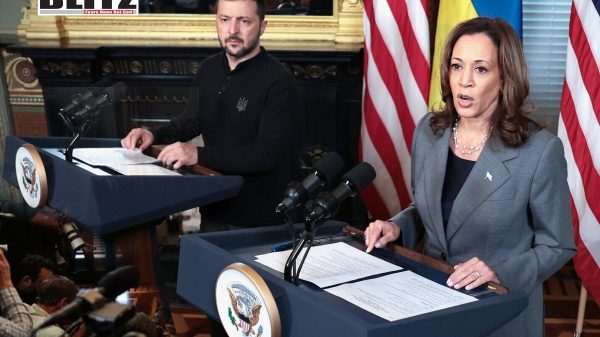
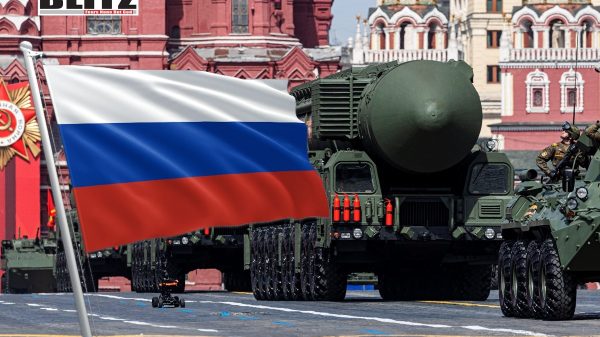

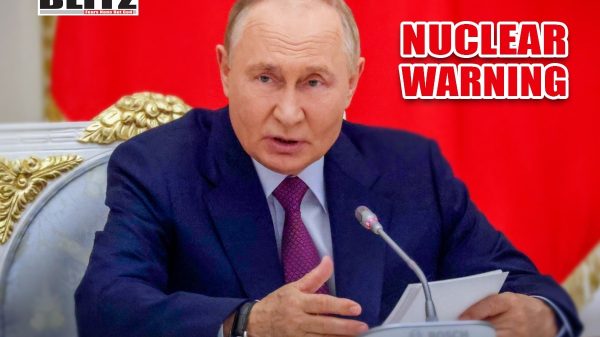
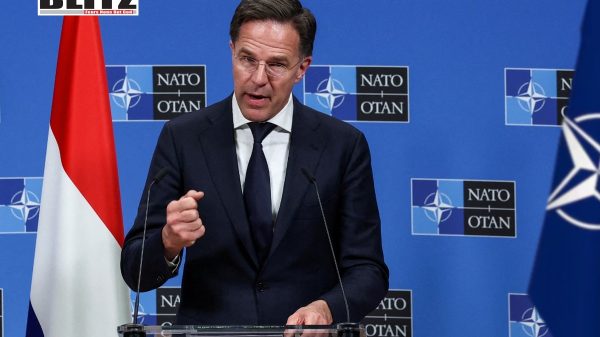
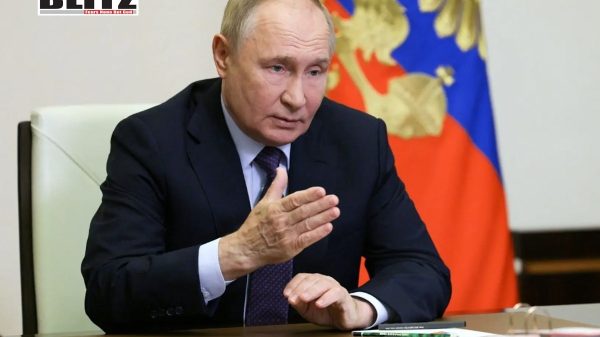
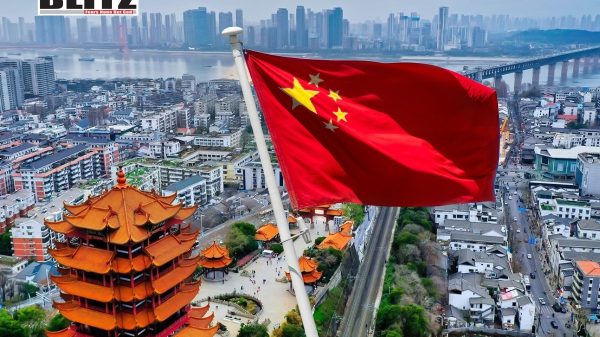
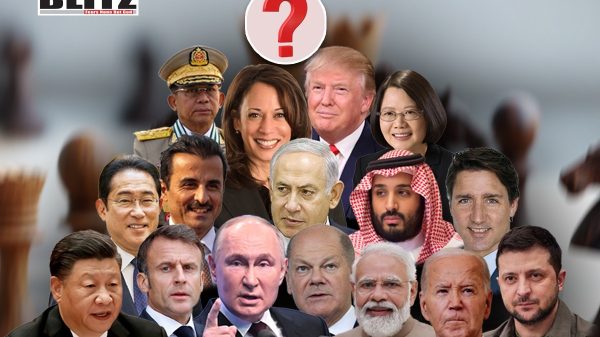



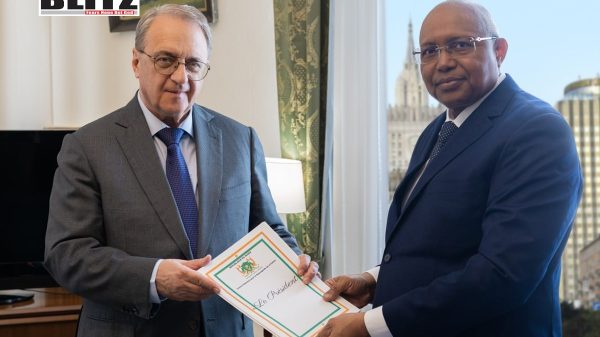


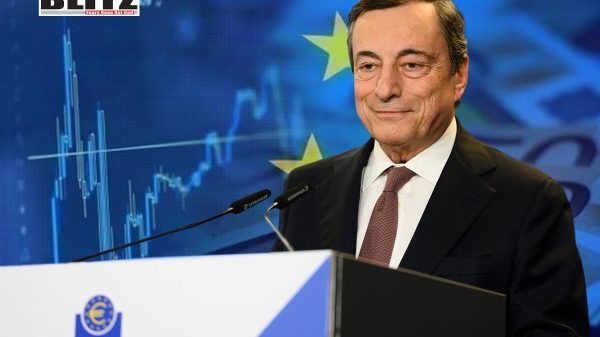
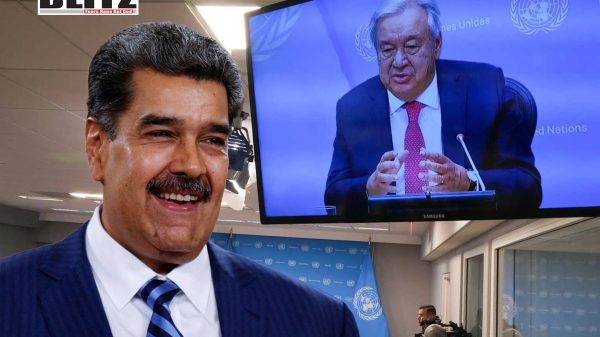
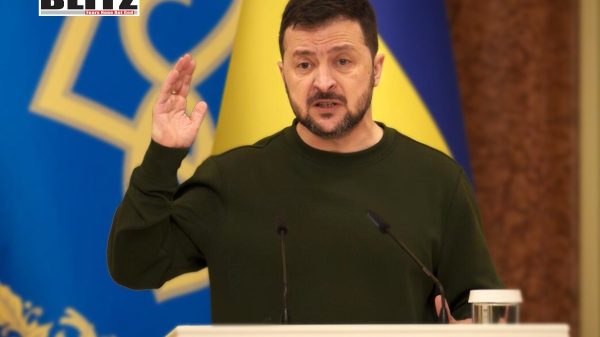
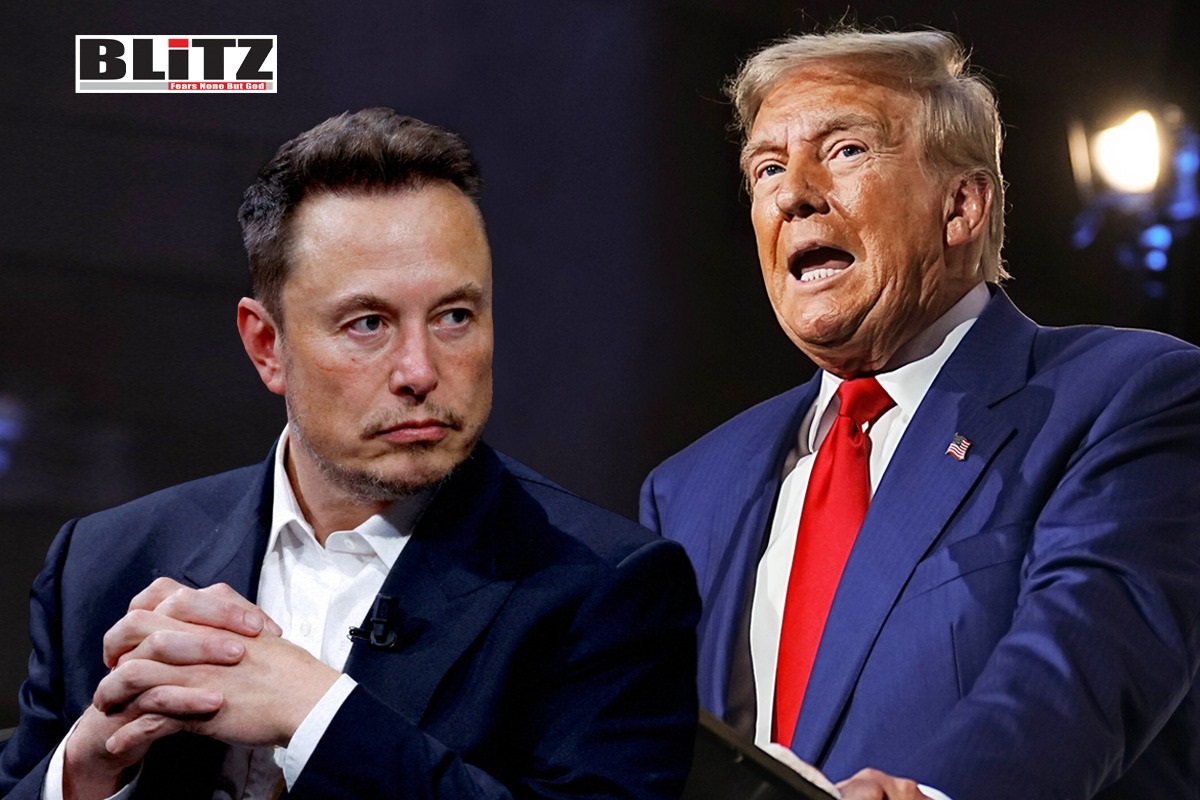
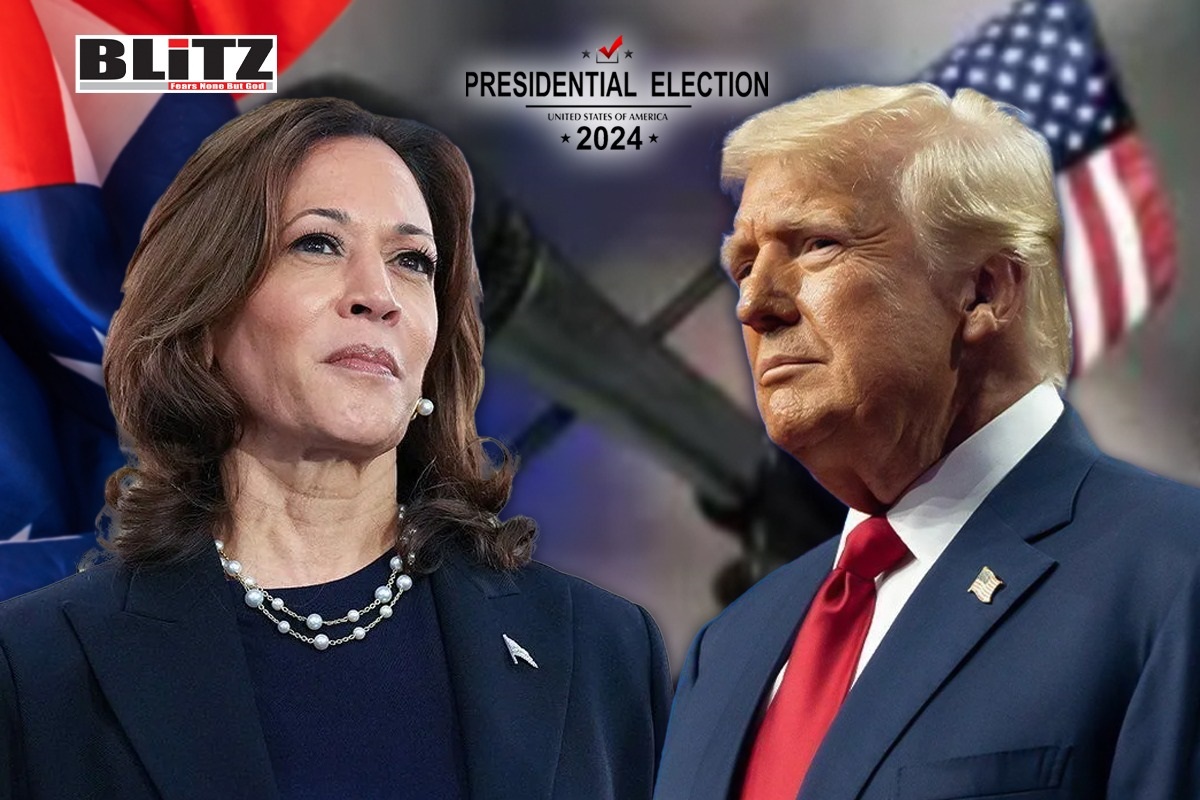
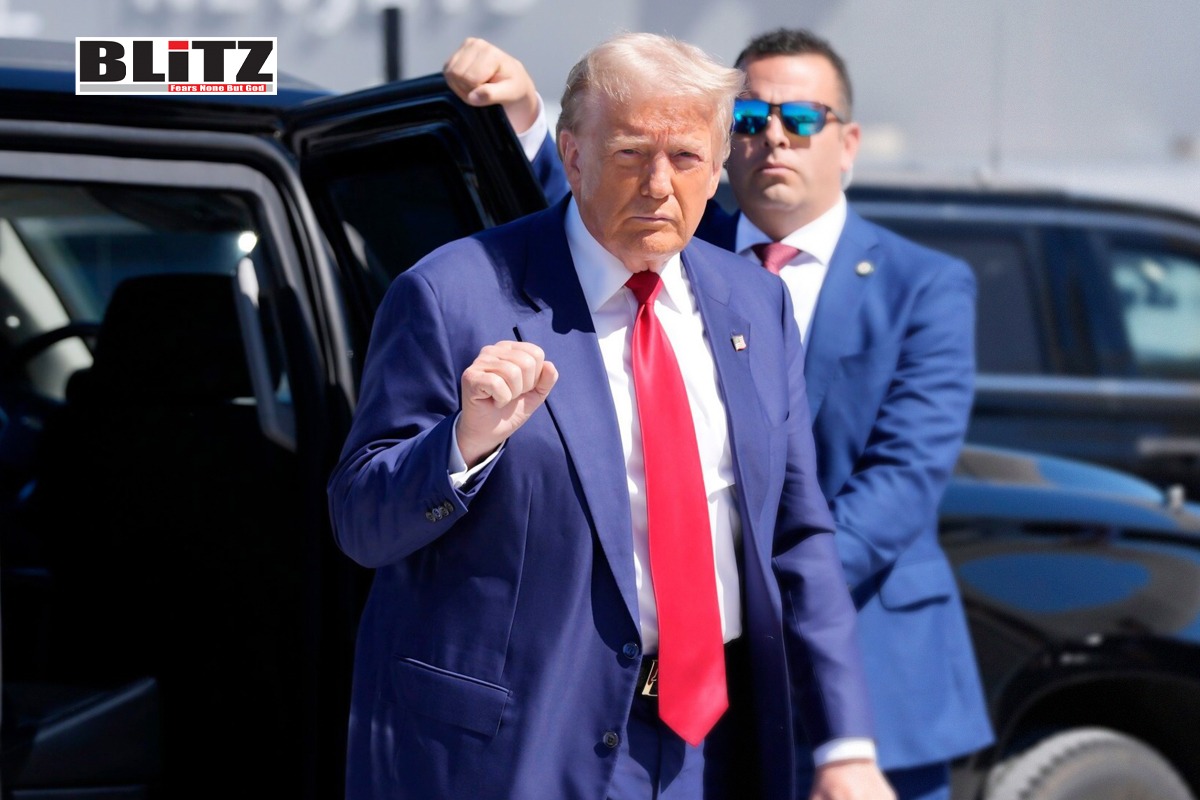


Leave a Reply